1. “Louie Louie” – The Kingsmen
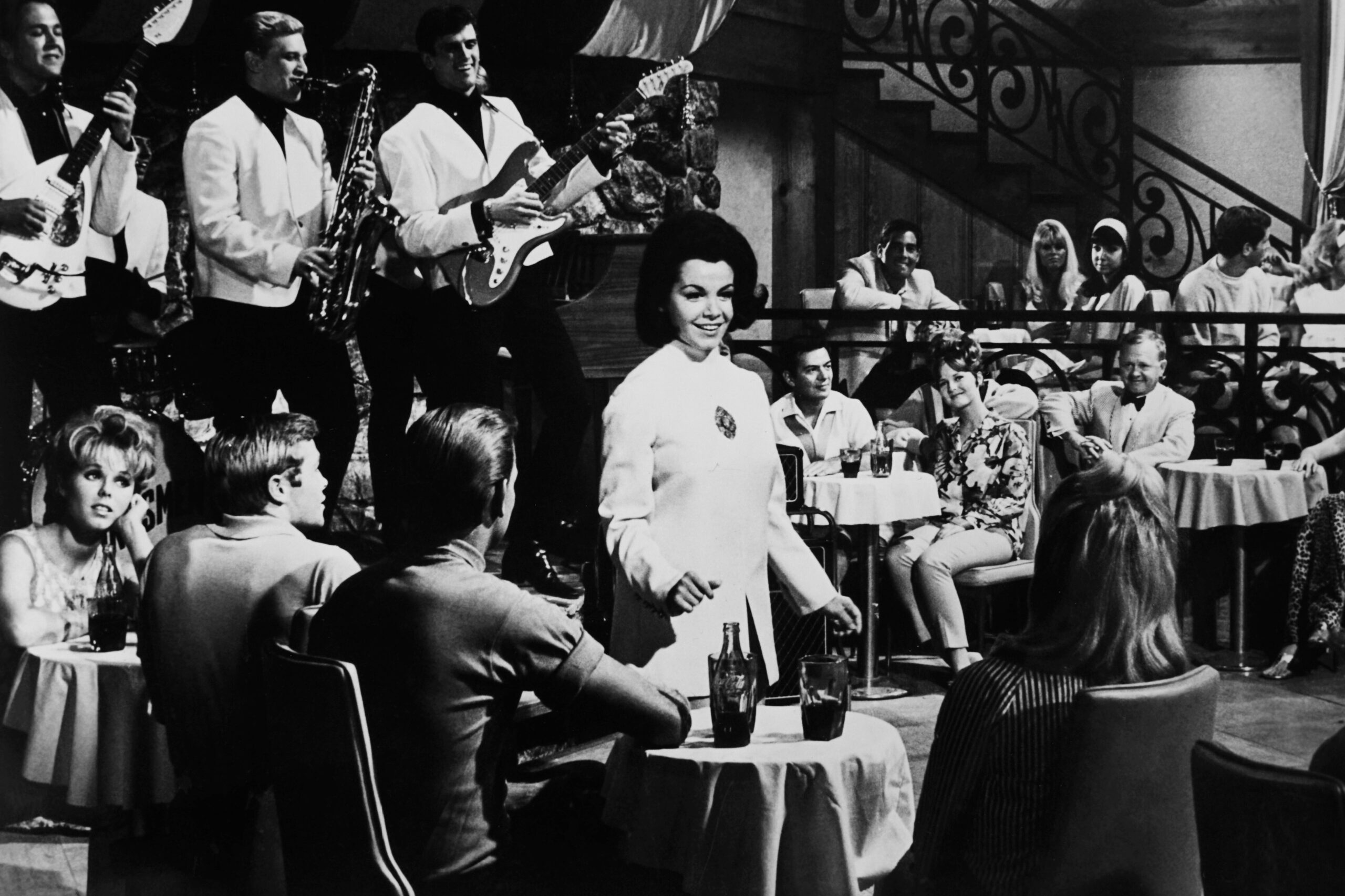
This wild track by The Kingsmen was banned by several radio stations in 1963 due to concerns about the song’s explicit lyrics. The song, a cover of Richard Berry’s original, was misheard as being full of obscenities, which led to widespread controversy. Despite the accusations, no one could actually prove that the lyrics were offensive. The FBI even launched an investigation into the song, but after months of scrutiny, they concluded there was no real reason to ban it says American Songwriter.
What’s interesting is that the song became even more iconic because of the ban. The buzz surrounding its censorship made it an anthem of rebellion. People started listening even more closely to the lyrics, trying to decipher what was actually being said. Ultimately, the mystery only added to the song’s mystique, and it became one of the most famous songs of the ’60s.
2. “I Am the Walrus” – The Beatles
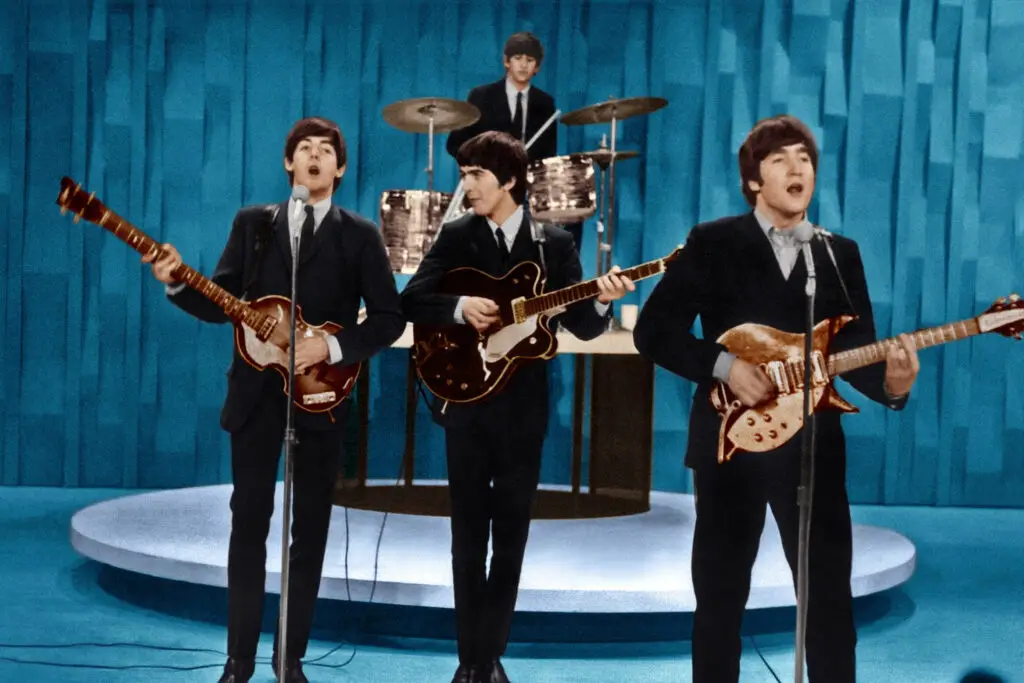
The Beatles were no strangers to controversy, and “I Am the Walrus” is a prime example of that. When the song dropped in 1967, many radio stations refused to play it due to its abstract, surreal lyrics. The song’s stream-of-consciousness style, which mixed oddball imagery with obscure references, left listeners scratching their heads. Some critics even called it nonsensical and overly avant-garde, something that didn’t sit well with the more conservative stations explains Gold Radio.
But that’s part of what made it so special. In many ways, the song symbolized the ’60s counterculture. Even though it was banned, it became one of The Beatles’ most experimental tracks, and it had a major impact on the future of music. In retrospect, “I Am the Walrus” is regarded as one of the most influential rock songs of all time.
3. “Sympathy for the Devil” – The Rolling Stones
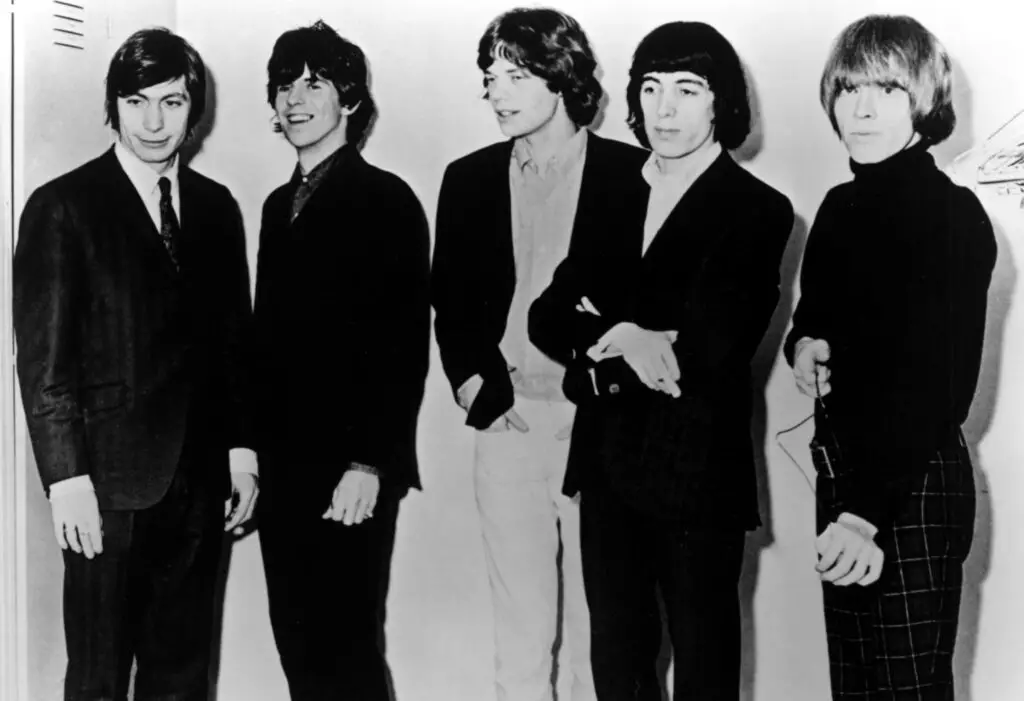
The Rolling Stones hit a nerve with “Sympathy for the Devil,” released in 1968. The song’s portrayal of a narrator who confesses to heinous acts throughout history made it a lightning rod for controversy. Radio stations, especially in the U.S., banned it because of its association with evil and dark imagery. Some listeners were outraged by the song’s bold approach, which blended rock music with Satanic themes adds Mojo Magazine.
However, “Sympathy for the Devil” is more about reflecting on humanity’s darker side than glorifying evil. Its cultural significance has only grown with time, as the song is considered a landmark in the development of rock and roll. While it was banned, it still became one of the Stones’ most iconic tracks, with its hypnotic rhythm and biting commentary.
4. “Papa Was a Rolling Stone” – The Temptations
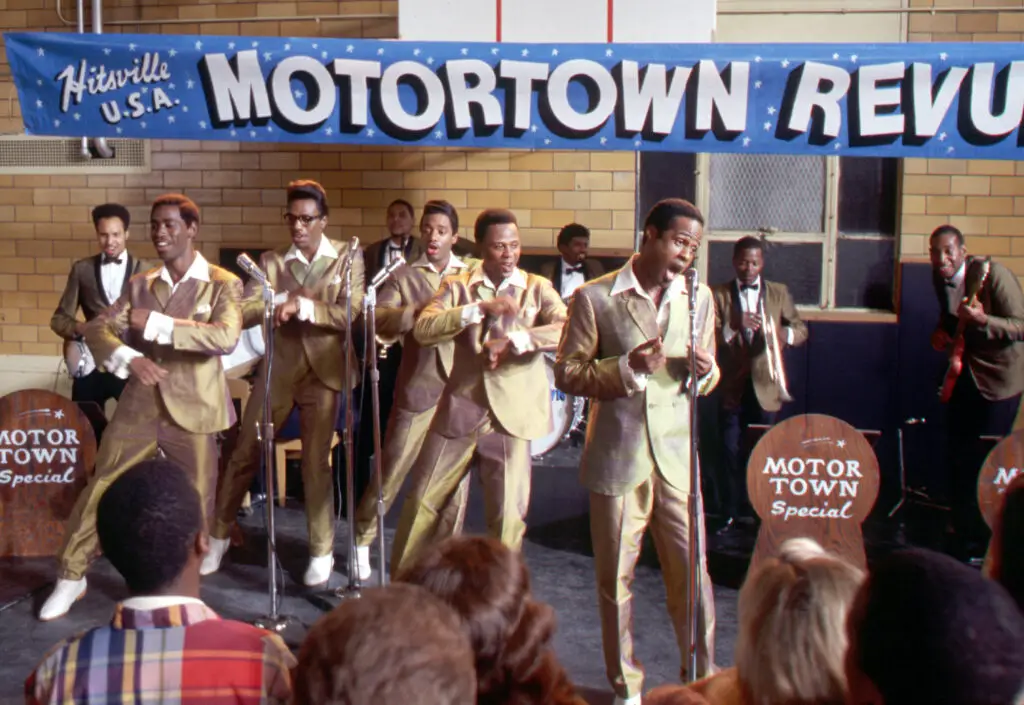
“Papa Was a Rolling Stone” by The Temptations was banned by some radio stations in the early ’70s due to its deep, soul-searching lyrics about family issues and personal struggles. The track’s somber tone and the portrayal of a broken family, with themes of abandonment and regret, were considered too heavy for mainstream airwaves. Despite this, the song became a major hit and received widespread critical acclaim, ultimately winning a Grammy.
The song’s controversial nature didn’t stop it from becoming a classic. Its haunting, psychedelic soul sound is what made it stand out, and it remains one of the best examples of Motown’s experimental period. What seemed taboo at the time only made the track more impactful, proving that sometimes, the most powerful songs are the ones that challenge societal norms.
5. “The Weight” – The Band
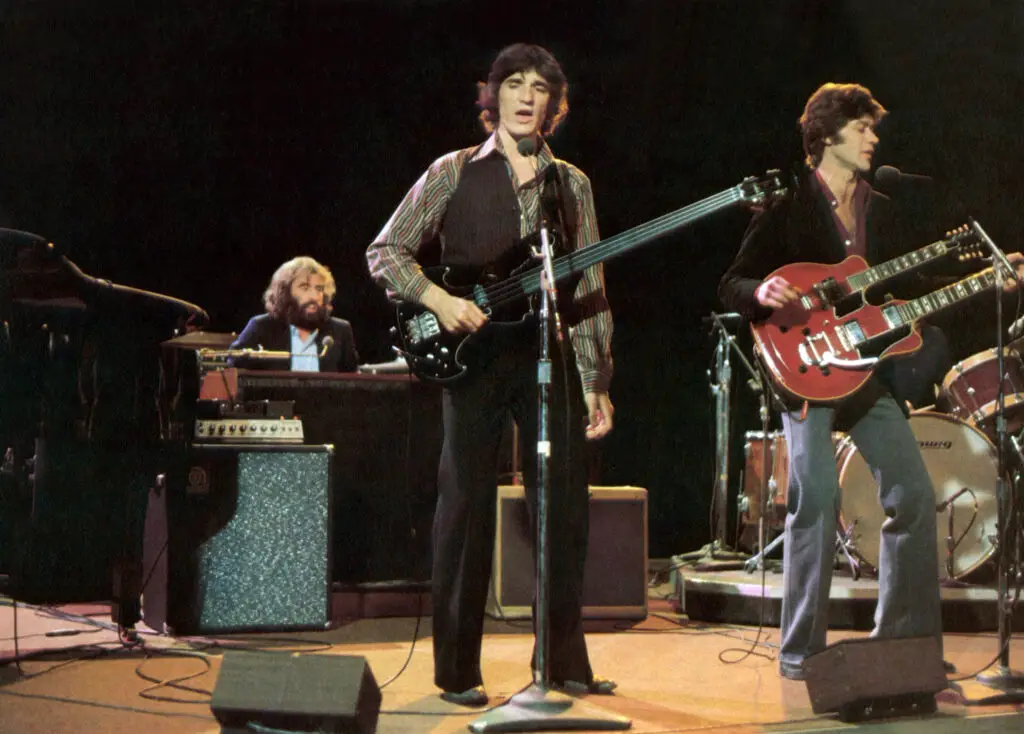
When The Band released “The Weight” in 1968, it quickly became a beloved anthem. However, it didn’t take long for some radio stations to pull it from their playlists. The lyrics, which are vague yet deeply spiritual, contain references to religion and redemption, but they are also laden with ambiguity. Some religious groups were upset by the song’s portrayal of Biblical references, deeming it disrespectful.
Despite being banned, “The Weight” became a defining moment in rock history. Its blend of folk, rock, and country influenced countless artists, and its lyrics continue to spark debate. It’s a song that raises more questions than answers, which is precisely what has made it such a timeless piece of music.
6. “A Whiter Shade of Pale” – Procol Harum

Procol Harum’s “A Whiter Shade of Pale” was released in 1967 and quickly became one of the most iconic songs of the ’60s. However, its unusual mix of classical music with rock caused some confusion, and its lyrics were cryptic enough to leave listeners wondering what exactly they meant. Due to this ambiguity, many radio stations were hesitant to play the song, especially since its meaning was not immediately clear to the general public.
Nevertheless, the song’s haunting melody and lush arrangements made it irresistible. While its lyrics were open to interpretation, it was widely accepted as a classic of psychedelic rock. In retrospect, its controversial reception only contributed to its legendary status in the annals of rock history.
7. “Lucy in the Sky with Diamonds” – The Beatles
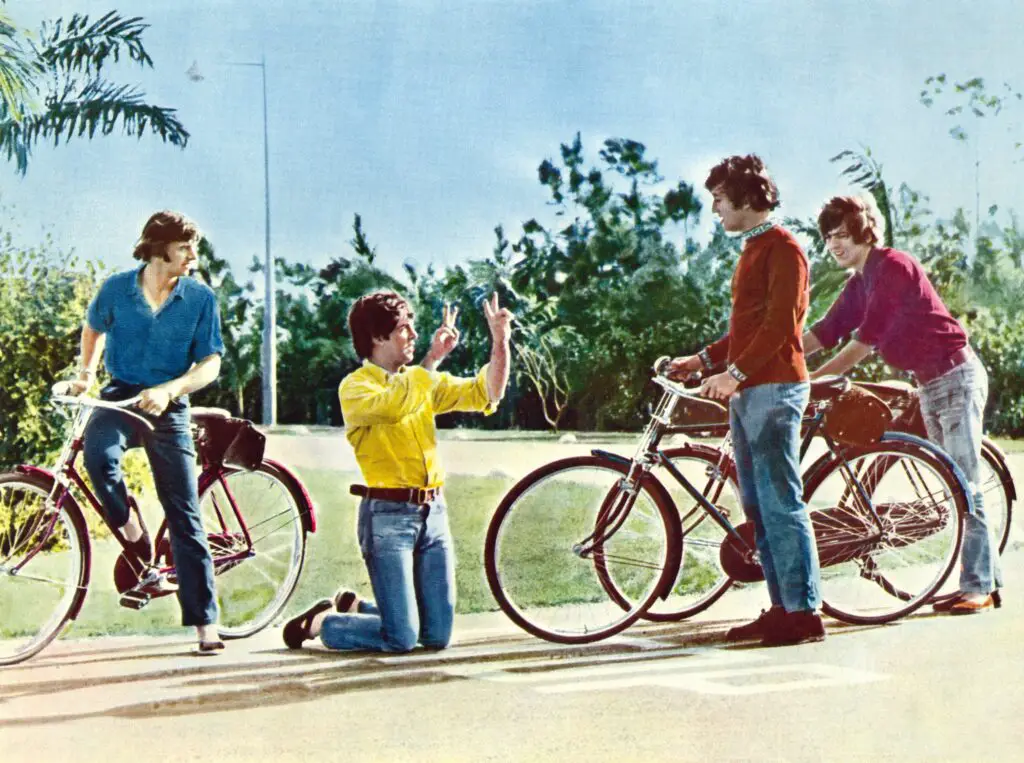
Another Beatles classic, “Lucy in the Sky with Diamonds,” was banned from several radio stations due to its supposed reference to drugs. The acronym “LSD” in the title led many to believe the song was about the hallucinogenic drug. Despite John Lennon and Paul McCartney’s insistence that the song was inspired by a drawing by Lennon’s son, Julian, many stations still chose to pull it from airplay in the ’60s.
Of course, the controversy surrounding the song only fueled its popularity. It became one of the defining tracks of the psychedelic rock movement. While it was banned, it cemented its place as a cultural milestone, forever linked with the spirit of experimentation in music.
8. “The Night the Lights Went Out in Georgia” – Vicki Lawrence

When Vicki Lawrence released “The Night the Lights Went Out in Georgia” in 1972, its dark storytelling and twisty narrative raised a few eyebrows. The song, which tells the tale of a murder and the revenge that follows, was considered too violent for some radio stations at the time. The graphic nature of the song’s lyrics made it uncomfortable for some to play on air, and many stations decided to ban it.
However, this didn’t stop the song from becoming a massive hit. The tale of betrayal and vengeance captured the imagination of listeners, and it remains one of the most memorable country hits from the ’70s. Its narrative depth, combined with its eerie atmosphere, only made it more intriguing for fans.
9. “God Save the Queen” – Sex Pistols
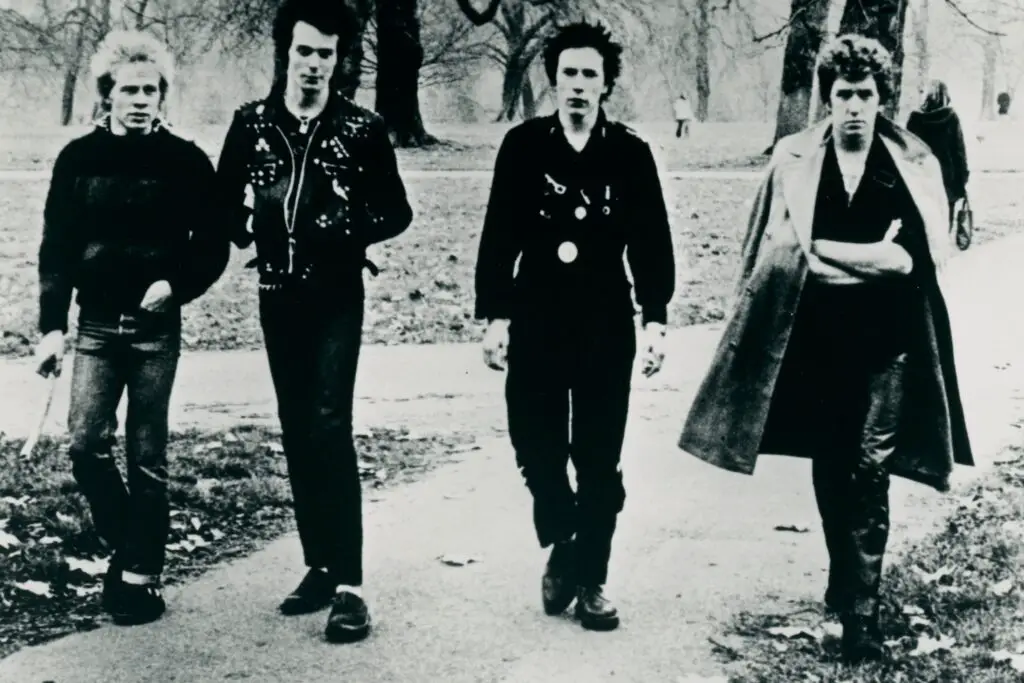
The Sex Pistols’ “God Save the Queen” was a punk anthem that caused a major uproar upon its release in 1977. The song’s scathing critique of the British monarchy was too much for some radio stations, who saw it as disrespectful and even unpatriotic. The British government itself condemned the track, and several stations banned it from airwaves in the wake of its release.
Despite the bans, the song became an essential part of the punk rock movement. Its defiance and rebellion perfectly captured the essence of the era, and it’s often regarded as one of the most influential punk songs of all time. The backlash only amplified its significance, making it an unforgettable cultural moment.
10. “Let’s Spend the Night Together” – The Rolling Stones

In 1967, The Rolling Stones caused a stir with their hit “Let’s Spend the Night Together.” The song’s provocative title and suggestive lyrics raised some eyebrows, leading several radio stations to ban it. The song’s theme of casual love was considered too risqué for the conservative times, and some stations felt it was inappropriate for their audiences.
But much like many of the Stones’ songs, the banishment only increased its popularity. The controversy surrounding it made the song even more appealing, and it quickly became a defining track of the rock era. It’s one of those moments in music history where the ban did more to fuel its success than it did to stop it.
11. “Roxanne” – The Police

“Roxanne” by The Police faced resistance from radio stations when it was first released in 1978. The song’s subject matter—about a man falling for a woman involved in prostitution—was considered too controversial for mainstream radio. Its blunt portrayal of the situation made some listeners uncomfortable, and it was banned by several stations.
Over time, “Roxanne” became one of the band’s most iconic hits. Its reggae-influenced sound and catchy melody helped it transcend its initial controversy. In hindsight, the song’s frankness about love and desire paved the way for more honest and complex lyrical themes in mainstream pop and rock.
12. “Killing in the Name” – Rage Against the Machine
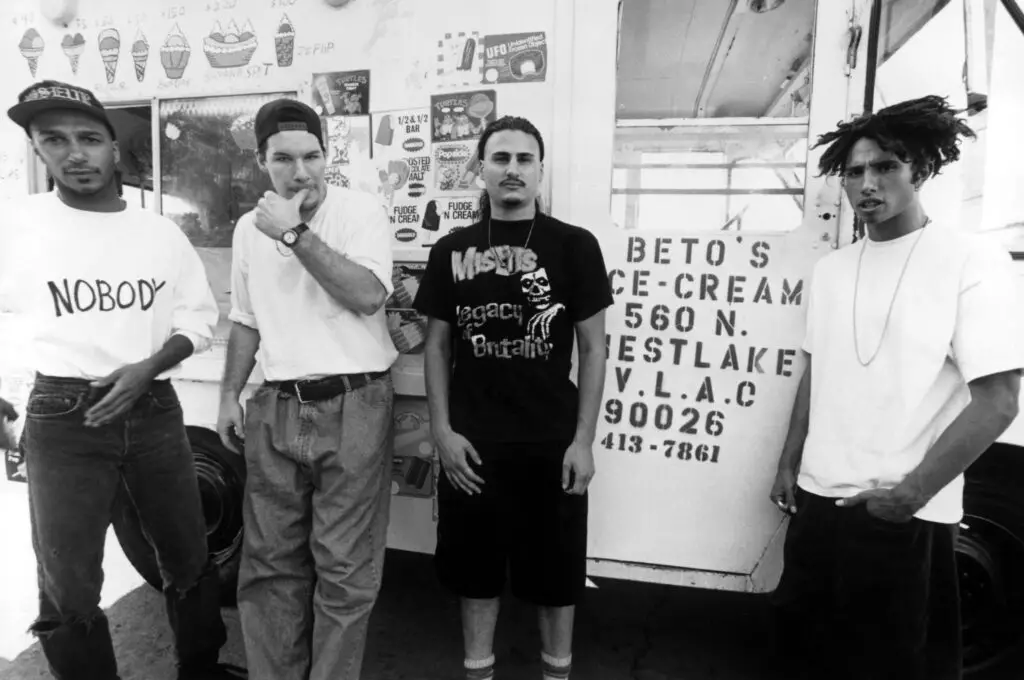
Rage Against the Machine’s “Killing in the Name” has always been a politically charged song, and when it was released in 1992, many radio stations weren’t ready for its intense message. The track’s repeated use of the racial slur and its fierce criticism of authority led to it being banned by several major outlets. The band’s direct approach to addressing racism and power structures was seen as too aggressive for airwaves.
However, the controversy didn’t stop “Killing in the Name” from becoming an anthem for rebellion and social justice. The song became a rallying cry for the disillusioned youth of the ’90s. Its rebellious tone and willingness to address uncomfortable truths have made it an enduring classic in the world of politically charged rock.
13. “The Real Slim Shady” – Eminem

Eminem’s “The Real Slim Shady” was banned from radio in the early 2000s for its explicit content and satirical portrayal of pop culture. The song’s critique of celebrities, the media, and society at large made it a lightning rod for controversy. Some stations found the song’s humor too offensive, and its portrayal of themes like drug abuse and mental health was considered too much for mainstream audiences.
Despite the bans, “The Real Slim Shady” became a massive commercial success, solidifying Eminem’s place in rap history. The song’s playful yet cutting commentary on fame and identity helped define the era’s pop culture. In retrospect, it’s a perfect example of how music can both challenge and reflect societal norms.
